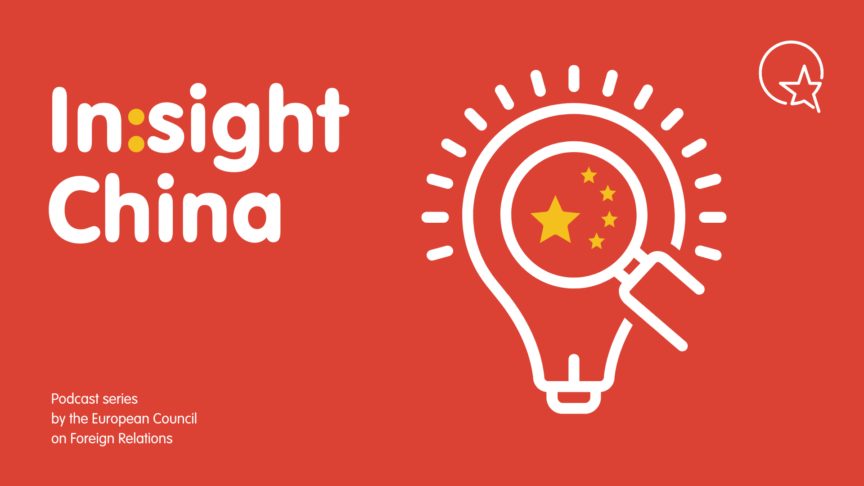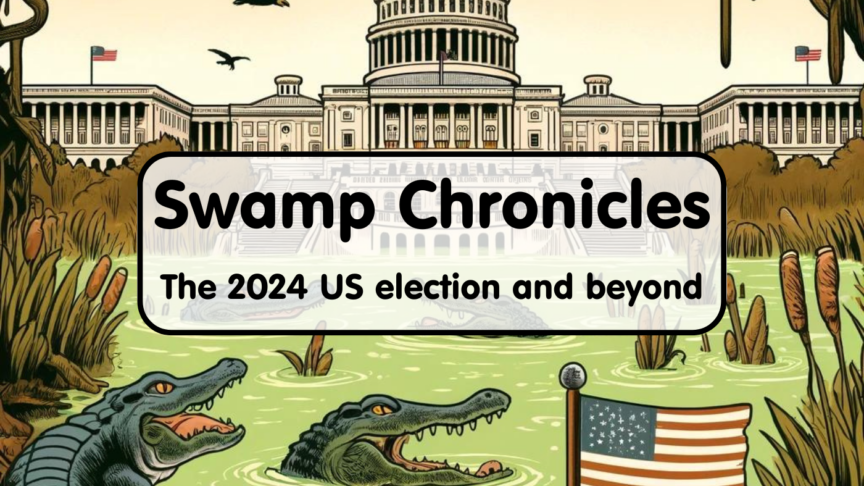The coronavirus world order
How can we explain the current crisis of the liberal international order?
To load the audio player provided by Soundcloud, click the button below. This means Soundcloud will receive technical data about your device or browser, as well as information about your visit on this page. Soundcloud may use cookies and may transfer your data to servers outside the EU, where the level of data protection may not be equivalent to that in the EU. For more information visit our privacy policy.
In the early days of covid-19, it became clear that none of the great powers were looking to the multilateral system to provide an answer. As the death count rose, every country acted as if it was on its own, closing borders, stockpiling medical equipment, and introducing export controls. The blame game conducted by Beijing and Washington over the WHO showed how geopolitics is increasingly undermining multilateralism. While it seems increasingly evident that the global challenges of today require global solutions, how can we explain the current crisis of the liberal international order? In this week’s podcast, Mark Leonard is joined by John Ikenberry, Albert G. Milbank Professor of International Affairs at Princeton University, to discuss the roles of the US and the EU in supporting liberal internationalism to address the problems of modernity and build a world safe for democracy.
This podcast was recorded on 9 December 2020.
Further reading
- “The Next Liberal Order” by John Ikenberry
- “Why Liberal Internationalism Is Still Indispensable—and Fixable” by Michael Hirsh
Bookshelf
- “A World Safe for Democracy: Liberal Internationalism and the Crises of Global Order” by John Ikenberry
- The “FDR at War” series by Nigel Hamilton
- “Brideshead revisited” by Evelyn Waugh



